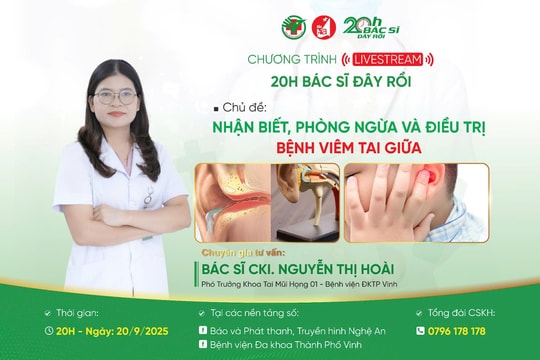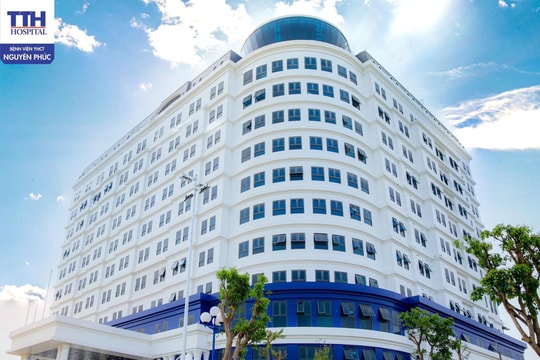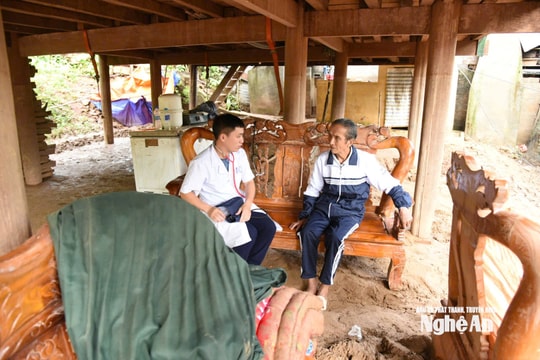How to treat peripheral neuropathy at Nghe An Rehabilitation Hospital
(Baonghean.vn) - Peripheral neuropathy is a disease caused by damage to the peripheral nerves. If not treated promptly, the patient may lose sensation, experience pain, numbness, and even prolonged damage that can cause muscle atrophy... For treatment, Nghe An Rehabilitation Hospital has many effective methods.
What is peripheral neuropathy?
Peripheral neuropathy is a disease caused by damage to the peripheral nerves. The disease disrupts the process of exchanging information between the brain and muscles, skin, and internal organs, causing symptoms such as pain or numbness.
There are currently more than 100 types of peripheral neuropathy identified. All have their own characteristic symptoms, development patterns, and prognosis.
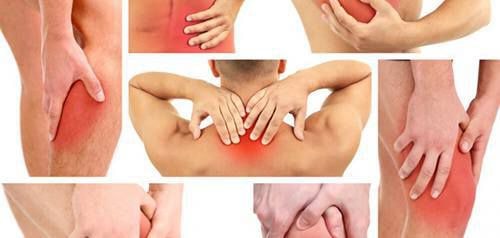 |
| Peripheral neuropathy phenomena. Illustration photo |
Common symptoms in people with peripheral neuropathy include: Sensory disturbances, people with peripheral neuropathy will have abnormal sensations, loss of sensation, pain, numbness, tingling, burning, muscle weakness. These symptoms often begin slowly. In some people, symptoms may be mild or unnoticeable. In many cases, patients have severe, persistent symptoms, especially at night.
Muscle problems and peripheral nerve damage also cause motor impairment, including weakness of the muscles innervated by the nerve. Notably, severe, long-term nerve damage can cause muscle atrophy. The patient will have difficulty performing simple tasks such as buttoning a shirt... Loss of tendon reflexes typically occurs before the onset of motor weakness.
Autonomic dysfunction, symptoms of autonomic dysfunction include postural hypotension and syncope. Patients may have orthostatic hypotension, absent or inappropriate increase in heart rate, heat intolerance due to sweating disorders, bladder and bowel dysfunction, and erectile dysfunction in men.
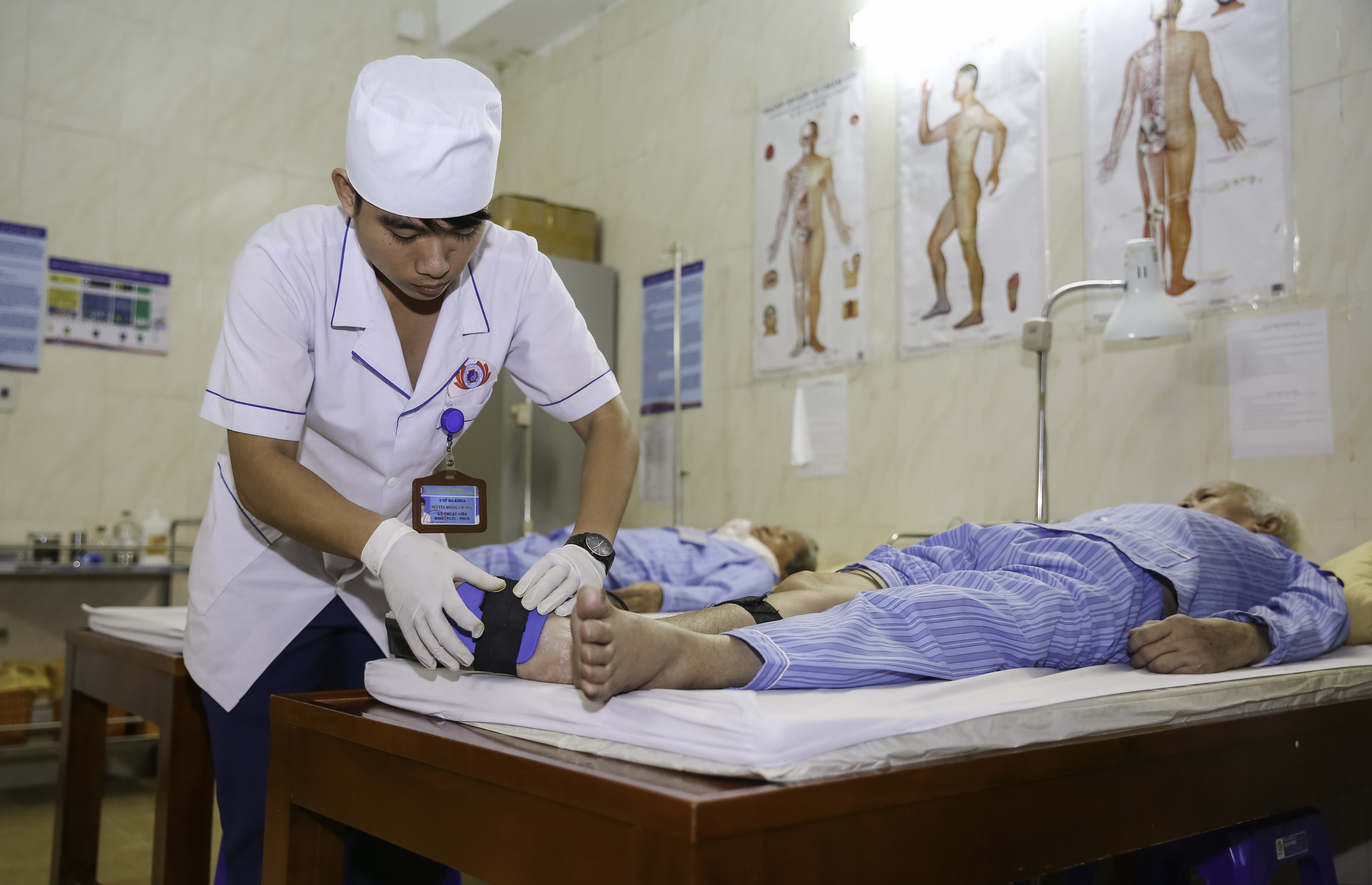 |
| A patient is being treated for peripheral neuropathy at Nghe An Rehabilitation Hospital. Photo: Duc Anh |
Peripheral neuropathy, if not treated promptly and properly, can cause complications such as skin damage (due to loss of sensation). Infections, especially in areas of skin with severe loss of sensation. Falls (due to muscle weakness and loss of sensation can cause loss of balance leading to falls).
Treatment methods
At Nghe An Rehabilitation Hospital, the number of patients hospitalized due to peripheral neuropathy is increasing. Mr. Nguyen Van Hiep (Nghia Xuan - Quy Hop), 65 years old, said: “When I first woke up, my legs and arms could not move, especially in the cold winter, my joints were numb, painful, and itchy in my arms and legs. This feeling often started in my toes and feet, causing loss of sensation in my legs and arms. Sometimes I could not feel the heat or cold when touching objects. There were times when it was severe, leading to swollen, red joints, causing pain and discomfort, greatly affecting my daily life and work. After 1 week of treatment at Nghe An Rehabilitation Hospital, my joints in my legs and arms were softer, no longer itchy and tingling in the morning. My limbs moved more easily.”
Having a motorbike accident, she had to wear a cast on her leg for more than 2 months. After the cast was removed, her toe joints could not move because of the long-term cast. Due to lack of exercise, her leg muscles became weak, with muscle atrophy and numbness, making it very difficult to walk. To recover, she chose Nghe An Rehabilitation Hospital for physical therapy. After only a short time, her toes and leg joints moved more easily, and the feeling of numbness gradually decreased.
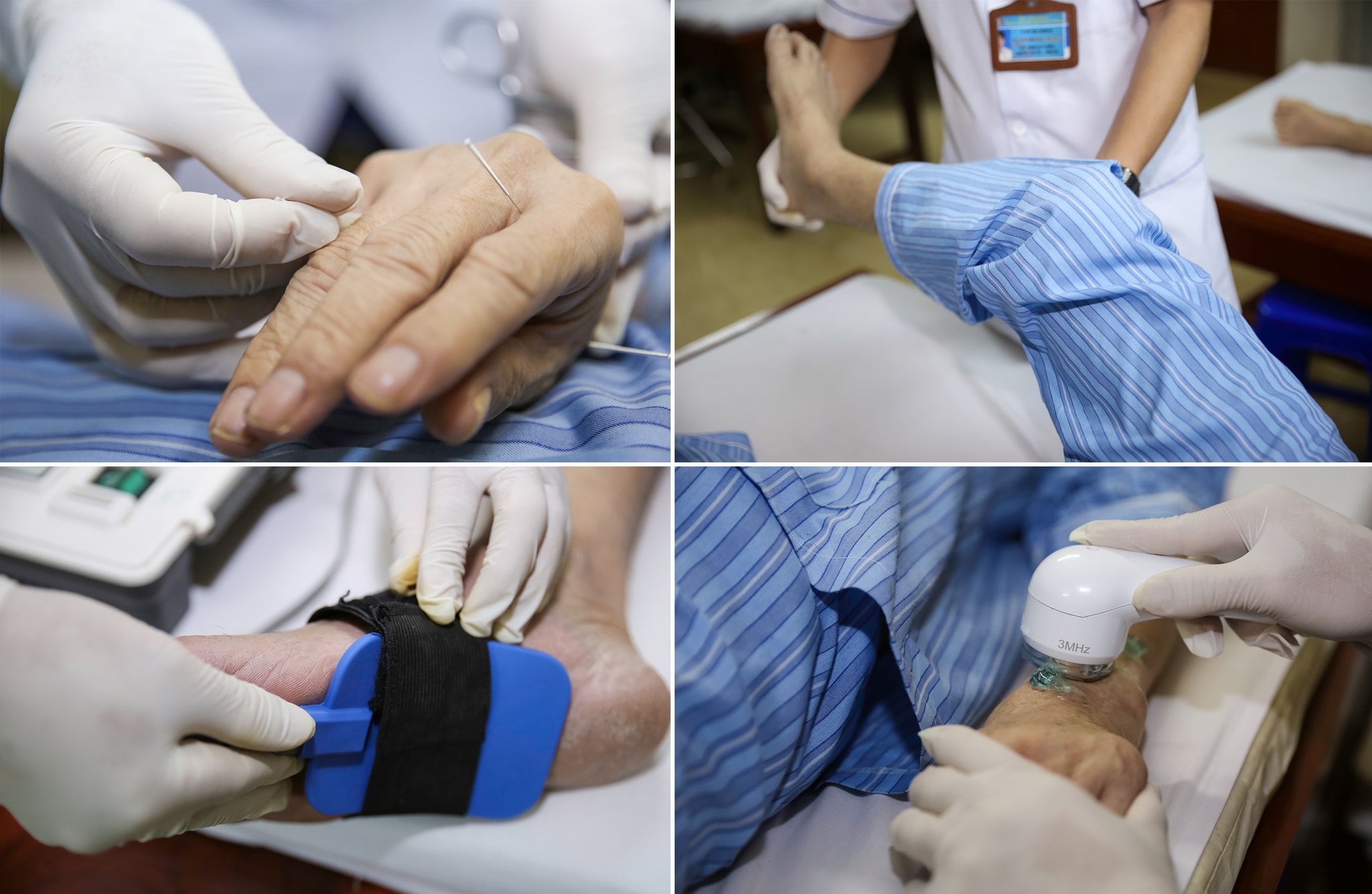 |
| Treatment of peripheral neuropathy at Nghe An Rehabilitation Hospital. Photo: Duc Anh |
In general, patients need to combine medication and physical therapy for rehabilitation, which is the most effective treatment for peripheral neuropathy. However, peripheral neuropathy treatment is very complicated, so patients need to follow the doctor's treatment regimen to achieve effectiveness.
Ms. Thai Thi Xuan - Director of Nghe An Rehabilitation Hospital said: To effectively treat peripheral neuropathy, first of all, it is necessary to determine the cause of the disease to develop a suitable treatment regimen for each patient. In the past, the Hospital has applied physical therapy methods such as acupuncture, massage, physiotherapy and exercise. This is one of the very good methods for patients with peripheral neuropathy... without leaving sequelae, painless treatment and especially without having to take medication.
In addition, surgery or nerve blockade is possible, this method is mainly used for patients with severe spinal cord injuries. Or when the above treatment methods are not effective, surgery is required.
To prevent peripheral neuropathy, good control of underlying diseases and lifestyle changes are the two most important ways to prevent it. Good control of blood sugar. For diabetic patients, good foot care is needed to avoid complications. Stop smoking and drinking alcohol. Eat a balanced, nutritious diet. Exercise regularly.
For advice on comprehensive rehabilitation methods, please contact the Science and Technology Council - Nghe An Rehabilitation Hospital immediately:
With the spirit of "All for patient satisfaction", "Where patients place their trust";
The first "Green - Clean - Beautiful Hospital - Hotel" model in Nghe An.
Address: No. 220, Binh Minh Street, Cua Lo Town, Nghe An Province.
Clinic Phone: 02383.922.922
24/7 hotline: 02383.922.922
Hotline: 0966.251.414; 0912.002.210
Director's phone number: 0912.487.568.

